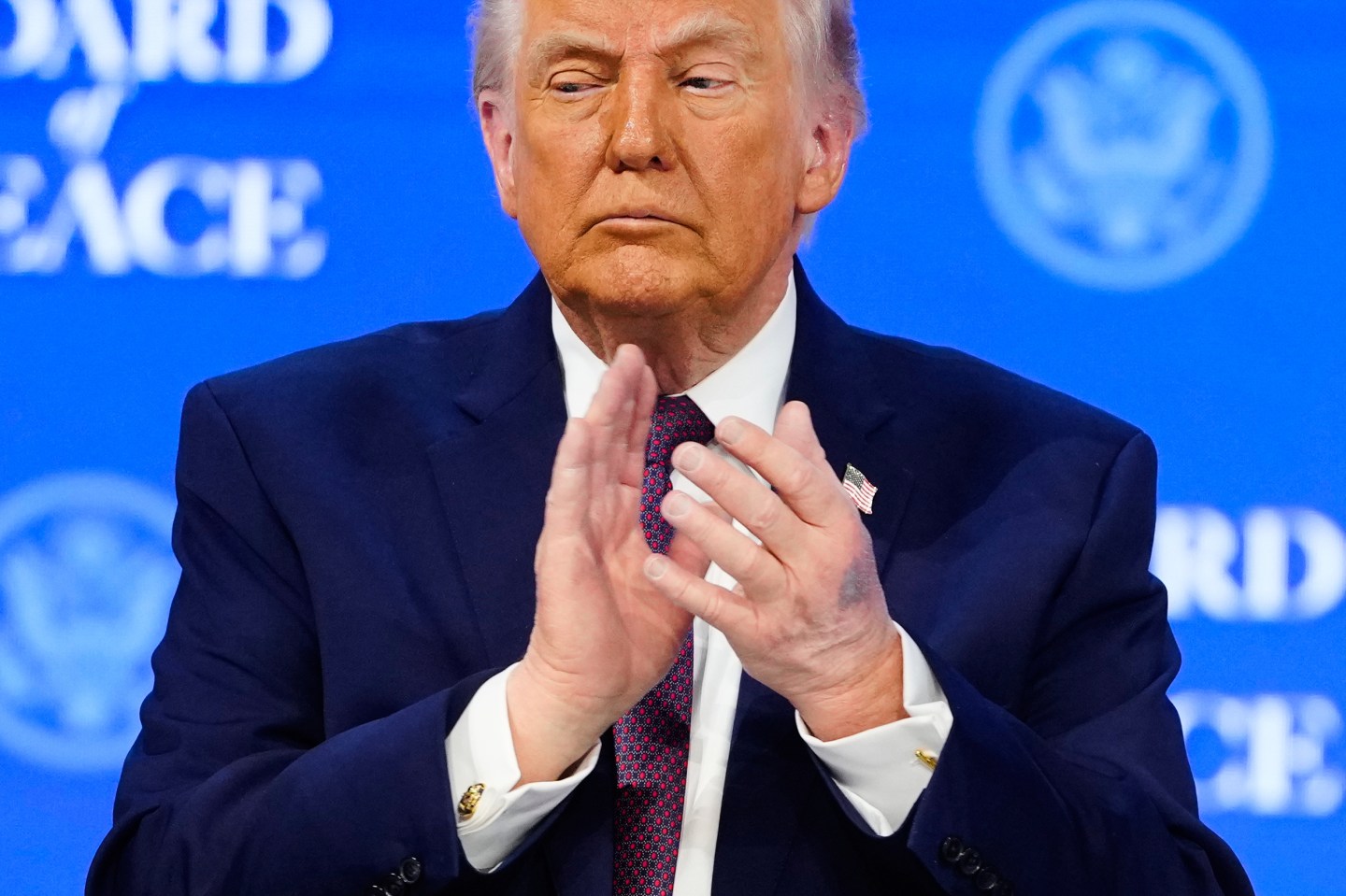Contrary to what many people may believe, it’s not war or landmines that are the primary causes of amputations in impoverished countries.
In places like Kenya or India, amputations are often the result of more commonplace and unfortunate incidents, like automobile accidents or train mishaps involving businesspeople on their commutes to work.
Each year, tens of thousands of people in low-income nations suffer amputations, explained Dr. Krista Donaldson, CEO of medical device non-profit D-Rev, at Coins2Day’s Brainstorm Health conference in San Diego Wednesday.
Get Brainstorm Health Daily, Coins2Day’s health-care newsletter.
Modern prosthetic limbs are often expensive, she said, with some devices costing upward of $1,000, making it hard for struggling medical clinics to afford them. And even when those devices are donated to clinics operating in impoverished nations, frequently those devices go unused, and the clinics are unable to perform the maintenance required to keep them functional.
“Most medical devices are designed for places like here, not low-income clinics,” Donaldson said in reference to clinics in wealthy nations that can more easily afford and maintain the prosthetics. D-Rev created more affordable prosthetic limbs to help amputees worldwide who don’t have access to the medical devices.
For more about health care, watch:
For instance, Donaldson showed off a recently developed artificial knee that costs $80 and contains the organization’s custom technology such as an embedded spring that helps amputees move the artificial leg forward as they walk.
The artificial knee was also designed to accommodate uneven terrain and rocky roads, unlike other devices built with smoother, paved surfaces in mind.
Currently, the knee is being used in 17 countries, but she hopes to bring it many more nations over the next three-to-five years.
For more from Brainstorm Health, click here.











